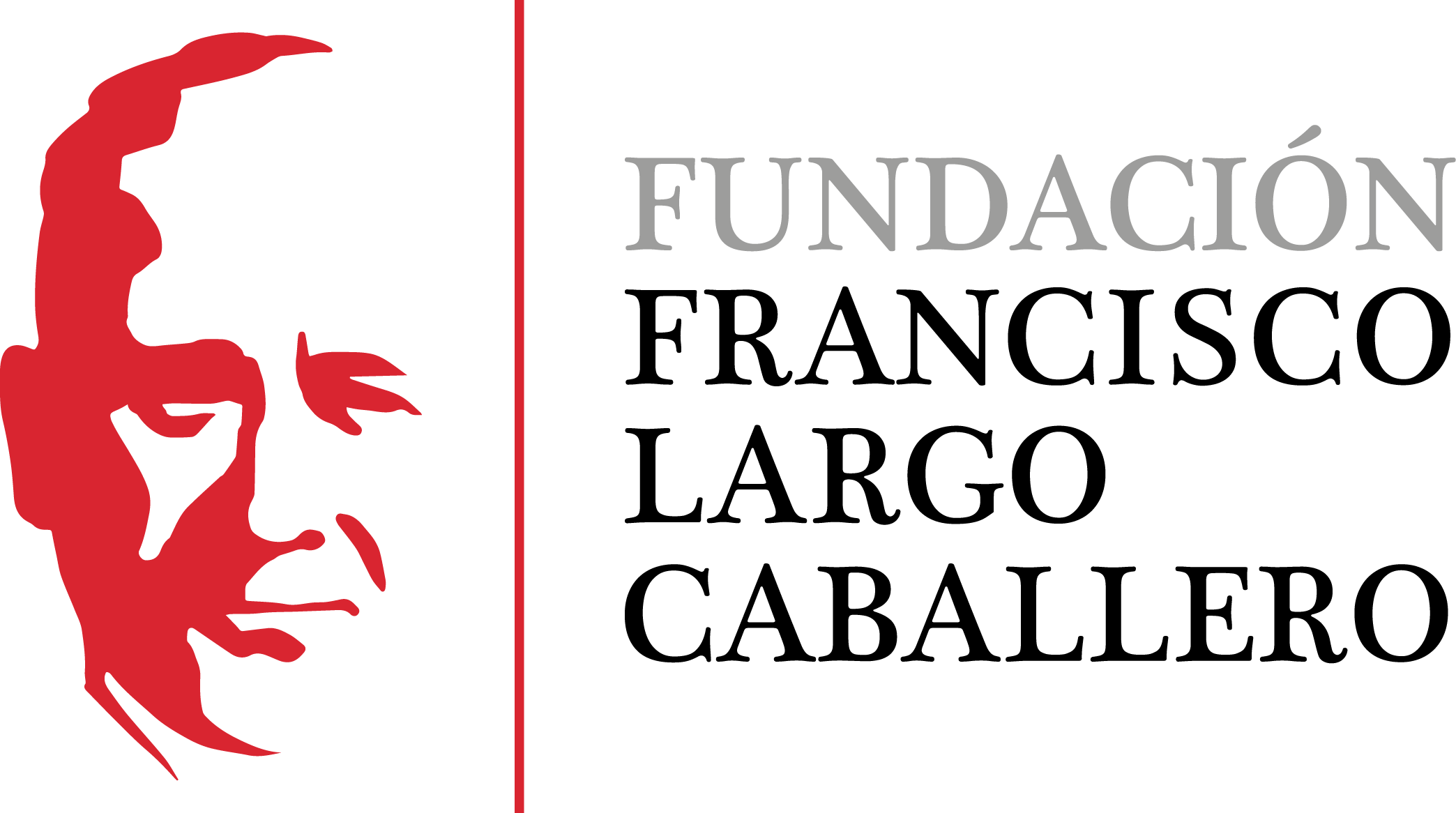Historical research and archives access
DOI:
https://doi.org/10.69791/rahc.186Keywords:
Public Archives, right of access to archives, data protection right, right of privacy, right of freedom to scientific researchAbstract
The work of the historian relies less and less in documents preserved in public archives due to, inter alia, legal and material difficulties to access them. With regard to the latter, regulations passed since 1978 have deficiencies that hinder considerably the use of archival resources by the researchers. The confrontation between the rights to privacy, honour or personal data, on one hand, and the rights of access to records or to the scientific freedom, on the other hand, requires a weighting not always easy to make with these rules, due to the absence of specific definitions concerning some of these concepts. Frequent problems on material and human resources, opening hours, etc. related to public archives don’t help too much, as well as a certain conceit of the figure of some historians regarding their own legal position in relation to that of the other citizens. Last but not least, the lack of reaction from users in view of the continued and unjustified refusals of the public administrations doesn’t help to the setting of legal precedents.
Downloads
Global Statistics ℹ️
|
124
Views
|
30
Downloads
|
|
154
Total
|
|
Downloads
Published
How to Cite
Issue
Section
License
Copyright (c) 2011 Daniel de Ocaña Lacal

This work is licensed under a Creative Commons Attribution 4.0 International License.
Alcores is an open-access journal. It provides unrestricted access to its content from the moment of publication. We respect intellectual property rights, and for this reason, the author retains the copyright. All content is distributed under a Creative Commons Attribution 4.0 International (CC BY 4.0) license. The terms of the license can be consulted at: https://creativecommons.org/licenses/by/4.0/
This license allows sharing (copying and redistributing the material in any medium or format) and adapting (remixing, transforming, and building upon the material for any purpose), provided that authorship and first publication in this journal are properly credited, a link to the license is included, and any changes made are indicated.
This type of license facilitates the freedom of reuse and ensures that the content of this journal can be used to meet research needs.









